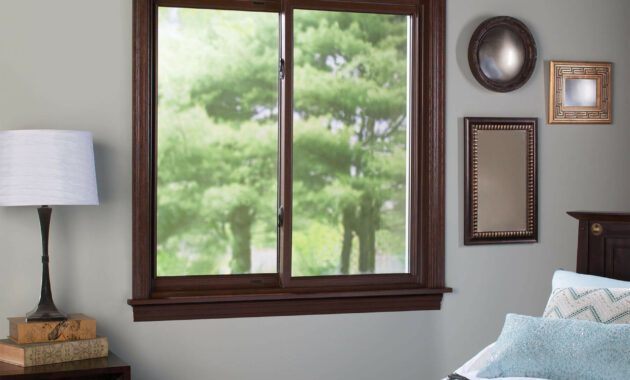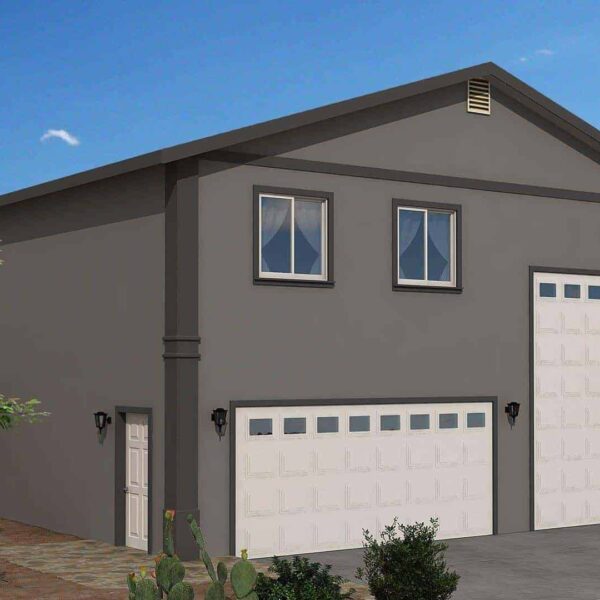Sliding windows, often referred to as gliders, to a large extent function similarly to double-hung windows. The only difference is that their sashes move to the right and left instead of up and down. Sliding windows typically have single or multiple functional sashes and sometimes may be combined with picture windows. The working sashes in sliding windows can tilt in, swing in, or be disconnected to allow for efficient cleaning of the glass’s interior and exterior sides.
Sliding windows provide multiple unrestricted viewpoints, adequate ventilation and are well suited for substantial horizontal rooms. And since sliding windows don’t go past the plane of the wall, they are more feasible for areas that endure heavy traffic, such as pathways, decks, and more. That said, let’s look at the pros and cons of sliding windows in detail.
Pros
- Reduced Maintenance
Unlike other types of windows and doors with more parts, sliding windows have slightly lesser components, minimizing the prospects of damage.
In addition, this implies that it demands minimal maintenance over time, rendering it economical and trouble-free for most households.
- Security
Sliding windows are equipped with locks which make it extremely difficult to break in. These windows are incredibly secure since the lock is integrated into the frame, rendering them arduous to break into.
Moreover, these windows are pretty easy to clean due to their opening ability from both sides.
- Durability
Sliding windows typically have a distinct feature at the bottom that makes them less susceptible to damage when opening compared to other types of windows. This allows it to remain in good shape for an extended period with minimal maintenance.
- Easy Opening/Closing
Sliding windows are easier to operate, even for people with various disabilities that hinder them from using their hands appropriately.
These windows require little to no effort to open and close, thanks to sliding window closer and opener. In addition, they are hassle-free to operate and are best suited for short walls. These windows function differently from double-hung windows in that they slide along the frame with significant ease.
Furthermore, these windows allow for the adjustment of windows to the extent you want to open.
- Energy Efficiency
Sliding windows uses top-notch window glazing, which enhances insulation and energy efficiency.
This will lead to reduced energy bills in the long run, leading to sizeable savings. This will help you save on heating and air conditioning expenses during the winter and the summer.
Cons
- Reduced Privacy
Slider windows virtually expose all the contents of your home to anyone within your compound, making it challenging to maintain privacy.
The major undoing to these windows is that they don’t offer owners the much-needed privacy, leaving them exposed. Additionally, they are quite accessible from sides, which may encourage encroachers to open them up and navigate them.
- Reduced Security
Window opener in sliding windows allows for the opening of windows, either way, making them somewhat insecure compared to other types of windows.
In addition, intruders can sneak in via the tracks because they are composed of PVC or aluminum. On top of that, they don’t contain advanced security features, like the deadbolt on the front door offered on other forms of windows.
- Poor Thermal Protection
Unless reinforced with insulating material, sliding windows are unlikely to keep your dwelling warm during the winter.
Sliding windows encourage heat loss through the sliding panels that release heat into the surrounding air through them rather than holding it within the insulated walls and loft space.
Conclusion
If you are weighing on whether or not to install sliding windows, I hope the discussed above pros and cons will help you make an informed decision. It’s worth noting that all types of windows have their advantages and disadvantages, and sliding windows are no exception.


